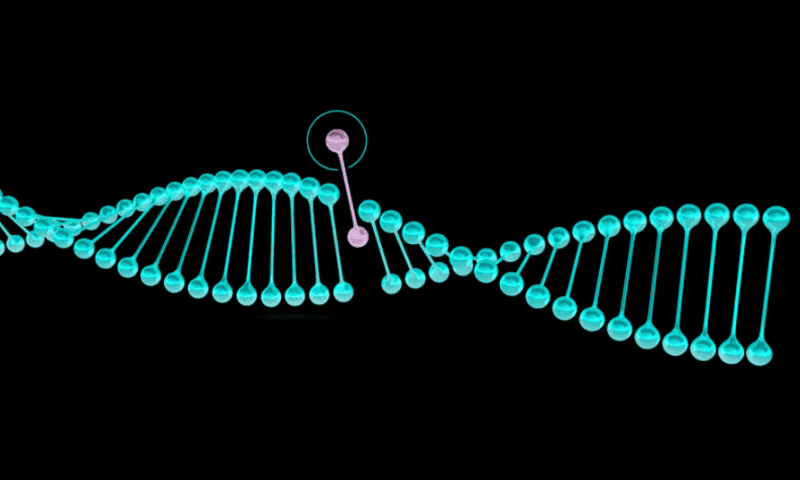Editas Medicine has shared early clinical data on the cell therapy it is developing to challenge Vertex and CRISPR Therapeutics for the sickle cell market. The CRISPR-edited therapy showed clear signs of efficacy but, with its rivals awaiting FDA approval, differentiating a late-to-market challenger could be tough.
Vertex and CRISPR have shown ex vivo CRISPR-edited cell therapies can free sickle cell patients from painful vaso-occlusive events and enable people with beta thalassemia to live without transfusions. The efficacy data on the partners’ exagamglogene autotemcel (exa-cel) have set the bar and positioned them to secure a historic first approval for a CRISPR therapy.
Faced with a clear front-runner and, in some cases, questions about their own candidates, Graphite Bio, Sangamo Therapeutics and Novartis, which was partnered with Intellia, have dropped out of the race in recent months. Editas, in contrast, has doubled down, reassigning cash to EDIT-301 to accelerate its trial.
Now, the biotech has early evidence that its investment may be rewarded with a candidate that can hold its own against exa-cel, although it is yet to generate anything like the amount of data gathered by Vertex and CRISPR. The data cover four sickle cell patients and one person with beta thalassemia who have 10 months of follow-up, at most.
Total hemoglobin returned to normal in the first sickle cell patient five months after treatment and held steady through to the 10-month follow-up. Similarly, his fetal hemoglobin fraction increased from 5% at baseline to 45.4% five months after treatment and 43.4% at the 10-month follow-up.
The second patient’s total hemoglobin reached a normal measure after five months, and their fetal hemoglobin increased from 10.8% at baseline to 51.3% at the six-month follow-up. Editas has only followed the other sickle cell patients for two and three months, respectively, but said they “are following similar trajectories” as the first two people enrolled in the study “at the same timepoints.” All four patients have been free of vaso-occlusive events since receiving EDIT-301.
The data mark the start of Editas’ push to show its candidate is differentiated. Vertex and CRISPR have studied exa-cel in 75 patients with sickle cell or beta thalassemia and shown the therapy almost always addresses key burdens of the diseases, namely vaso-occlusive events and transfusion dependence.
Talking to analysts at the RBC Capital Markets Global Healthcare Conference last month, Editas CEO Gilmore O’Neill said the sickle cell trial provided “confirmation of a key point of differentiation where we have seen rapid normalization of the total hemoglobin—not just fetal hemoglobin—for the first two patients dosed.”
Vertex and CRISPR reported mean total hemoglobin levels of 11 g/dL or more starting from the third month of their clinical trial. Editas reported 16.4 g/dL in a male and 12.7 g/dL in a woman, both at five months. Men have a slightly higher normal range than women. At this stage, it is unclear whether any advantage in the normalization of total hemoglobin translates into clinical benefits.
In beta thalassemia, Editas has tracked one patient for 1.5 months. The patient had a fetal hemoglobin fraction of 34.9%, representing 4 g/dL of total hemoglobin at 1.5 months post-treatment, and, according to the biotech, his experience resembles that of the four people in the sickle cell study.
Editas generated those early signs of efficacy without sounding any safety alarms. Across both studies, no serious adverse events were reported after EDIT-301 infusion and no adverse events related to the treatment were observed.
The biotech is now racing to generate more data. The goal is to dose 20 sickle cell patients by the end of the year. Editas plans to include data from the first patient onward in the package it hopes to submit for approval down the line.

